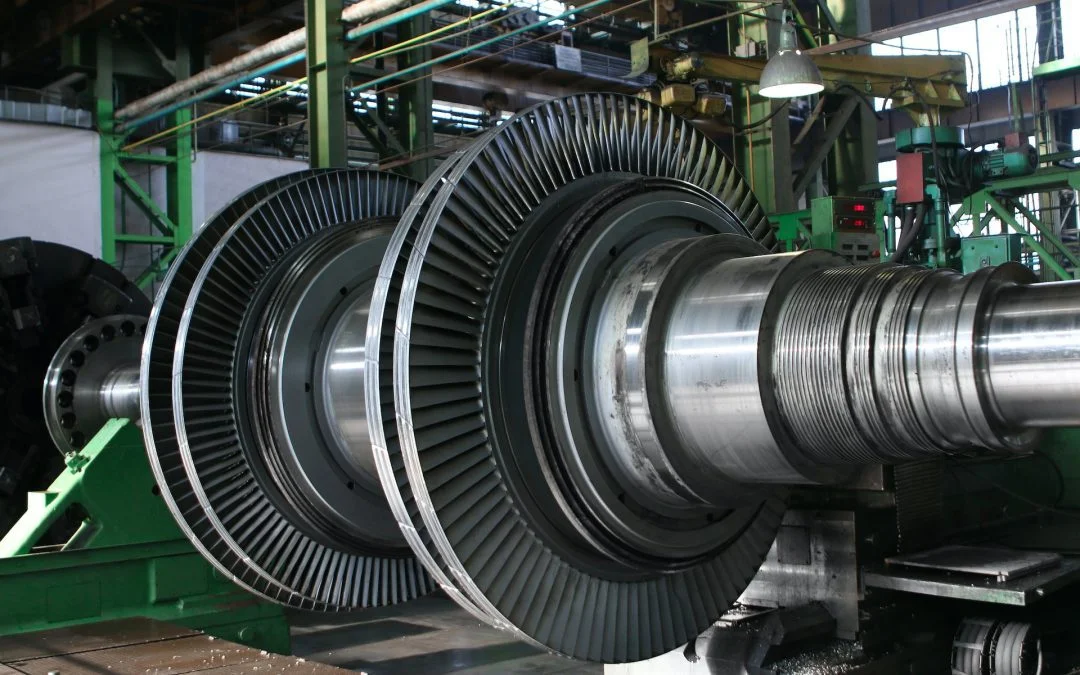You may already be aware that piston rings play a crucial role in transferring heat to prevent an engine from overheating. But did you know they can also improve an engine’s fuel efficiency? Locomotive and marine engines are designed to operate under heavy loads for extended periods — and reducing fuel consumption by even just a fraction can significantly improve their performance and reduce their operating costs.
Read on to discover how piston rings can regulate oil consumption and improve fuel efficiency.
How do piston rings work?
Piston rings are metal circles that form a seal between a piston and a cylinder wall. By doing so, they prevent the engine’s combustion gases from escaping and stop oil from entering the combustion chamber. They also transfer heat from the piston to the cylinder wall to ensure the engine remains at a suitable and safe temperature.
How do piston and sealing rings impact fuel efficiency?
When it comes to marine and locomotive applications, piston rings can impact fuel efficiency in several ways.
Regulating oil consumption
One of the critical functions of piston rings is to regulate oil consumption. Engines require oil for lubrication, cooling, and cleaning of internal components. However, excessive oil consumption can lead to increased emissions. Not only does this raise operational costs, but it can also compromise the engine’s performance.
This is where oil control piston rings come in. By forming a thin film of oil on the cylinder wall, piston rings create a seal that stops oil from entering the combustion chamber. Oil control rings also return excess oil to the chamber, again minimising wastage.
Reducing friction
While it may not seem immediately obvious, proper lubrication can really impact an engine’s fuel efficiency. The thin film of oil that a piston ring creates reduces friction between the piston and the cylinder wall. As a result, the engine can operate more efficiently, with less energy and fuel lost to heat and friction.
Preventing blow-by
Piston rings also play a role in controlling blow-by. Blow-by refers to combustion gases leaking past the piston rings and into the crankcase. Blow-by can lead to increased emissions, reduced performance, and increased oil use. Piston sealing rings prevent blow-by by creating a tight seal between the piston and the cylinder wall. This prevents the combustion gases from escaping.
Maintaining engine temperature
As mentioned, piston rings transfer heat from the piston to the cylinder wall, helping to regulate the engine’s temperature. An engine that operates at the proper temperature can operate more efficiently as less energy will be lost to heat.
Improving engine compression
The seal that compressor piston rings create between the piston and the cylinder wall also promotes proper engine compression — which is essential for efficient combustion.
Decreasing leakage
Piston rings are particularly crucial in marine applications. Marine piston rings secure the space between the piston and liner, preventing leakage. Without them, oil and other harmful substances could leak into the sea, causing a range of environmental issues.
Improve your engine fuel efficiency with high-quality piston rings and sealing rings from PPUK
As you can see, piston rings play a vital role in making sure engines run smoothly and consume fuel efficiently. However, it’s important to choose the right type of piston rings for your needs. At Precision Products, we offer a range of piston rings for industrial and marine applications. As a top UK piston ring manufacturer, we can produce high-quality piston, sealing, and compressor rings to suit your needs.
Whether you’re looking for piston rings with particular coatings or need guidance on choosing the best pump seals, feel free to get in touch for information and support.

